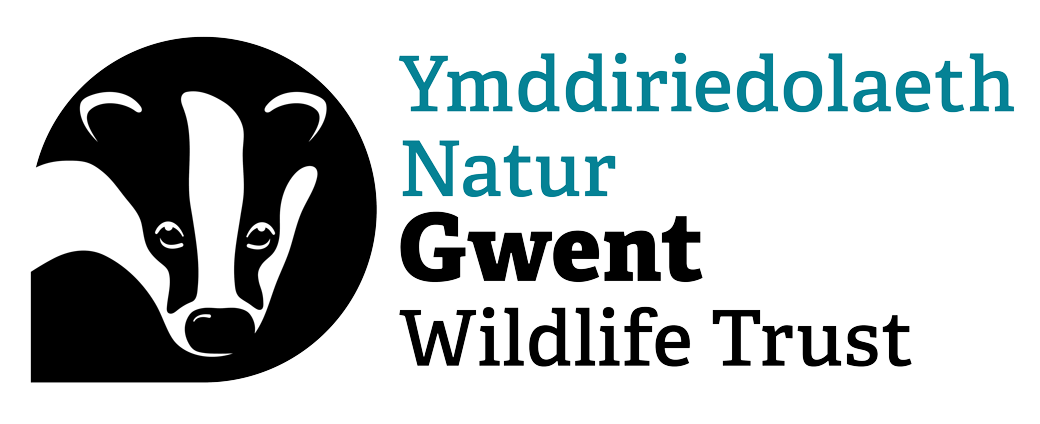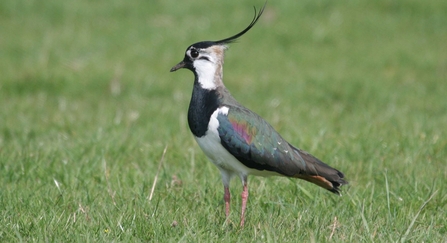The development, had it gone ahead, would have resulted in 250,000 solar panels being built on 129 hectares of protected Site of Special Scientific Interest (SSSI) land at Wentlooge between Cardiff and Newport, for a period of 40 years.
Planning inspector Hywel Wyn Jones recommended consent for the 250,000 solar power station; however, Welsh Government Minister Lesley Griffiths said it would have an “unacceptable impact” on a landscape of outstanding historic interest.
Conservation charity Gwent Wildlife Trust fought plans for the solar power station along with community group Friends of the Gwent Levels (FOGL), Wentlooge and Marshfield Community Councils, Newport City Council and others.
GWT objected to the plans saying the vast area of glass and metal from the proposed solar power station would have been likely to disrupt the hydrology of this fragile and complex wetland site, of national importance for nature.
Furthermore there was no certainty that this industrial development on the Levels would not have caused water pollution and flooding, damaging habitats for iconic species such water voles, otters and lapwings.
GWT’s Head of Nature Recovery Gemma Bodé said, “We are grateful to the Minister for her bold decision and also to our campaign partners who joined us in the fight against this mega solar power station.
“The race to become net carbon zero must not compromise the health of our already fragile ecosystems, especially at Sites of Special Scientific Interest (SSSI) like the Levels.
“We welcome the Minister’s decision, which further emphasises the importance of the Gwent Levels and the need for its continued protection and enhancement, which comes hot on the heels of the refusal of a new motorway across the Levels in 2018 and Welsh Government’s declarations of a Climate Emergency, Biodiversity Crisis and more recently a Nature Emergency.
“Renewable energy is an important step forward but the impacts of these developments and whether they are in the right place, are vitally important decisions too, which the Minister clearly recognises. You can’t destroy the environment and its ability to contribute towards helping to alleviate the impacts of climate change, as the wetland landscape of the Gwent Levels does, to “save the environment” by building a solar power station on top of it. Our Welsh planning system must be fit for the purpose in protecting and enhancing nature for now and for future generations.
“We know that climate change poses a significant risk to biodiversity and its ecosystems, however, we must ensure the way in which we tackle it (climate change) in itself does not lead to further declines in our diminished wildlife populations, through poor placement of renewable energy projects such as the now thankfully refused solar power station at Wentlooge.”
GWT’s CEO Adam Taylor added, “Our vision for the Levels is of a diverse landscape where people and wildlife co-exist, and together combat climate change, improve wellbeing and continue to act as the green lungs of South Wales. We would like to see planning laws changed to require all new builds to have solar panels, and financial support put in place for all existing industrial buildings to install solar panels by 2025, or if they do not wish to take up this offer, an ability for their roof space to be utilised by government to install solar panels and power Wales’ green recovery and future generations.
The Levels is home to a wide range of rare species including water voles, otters, as well as breeding grounds for increasingly scarce birds including Lapwing.
And the intricate network of waterways known locally as reens, also provide unique habitats for hundreds of different water bugs including the King Diving beetle, which is found hardly anywhere else in the UK.

